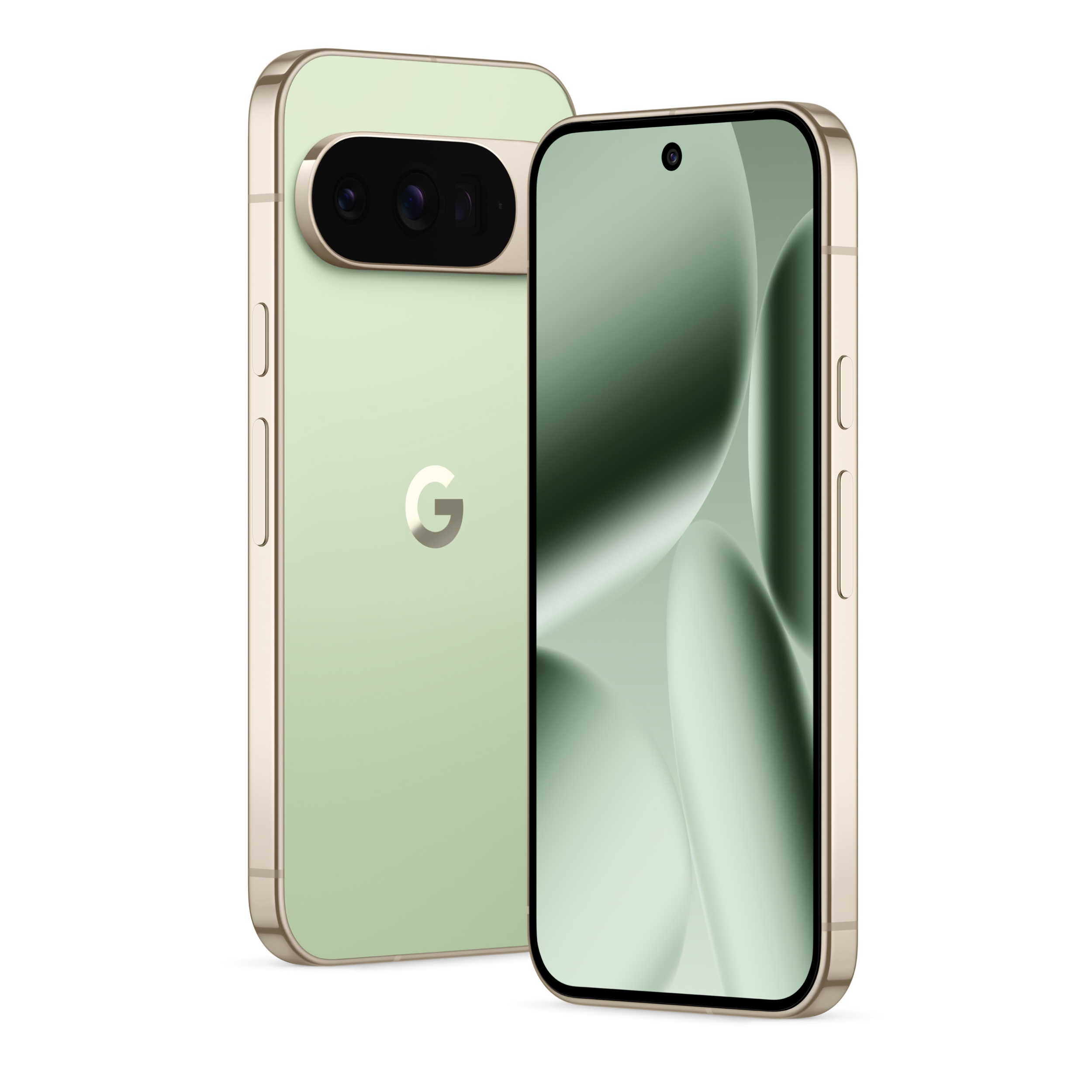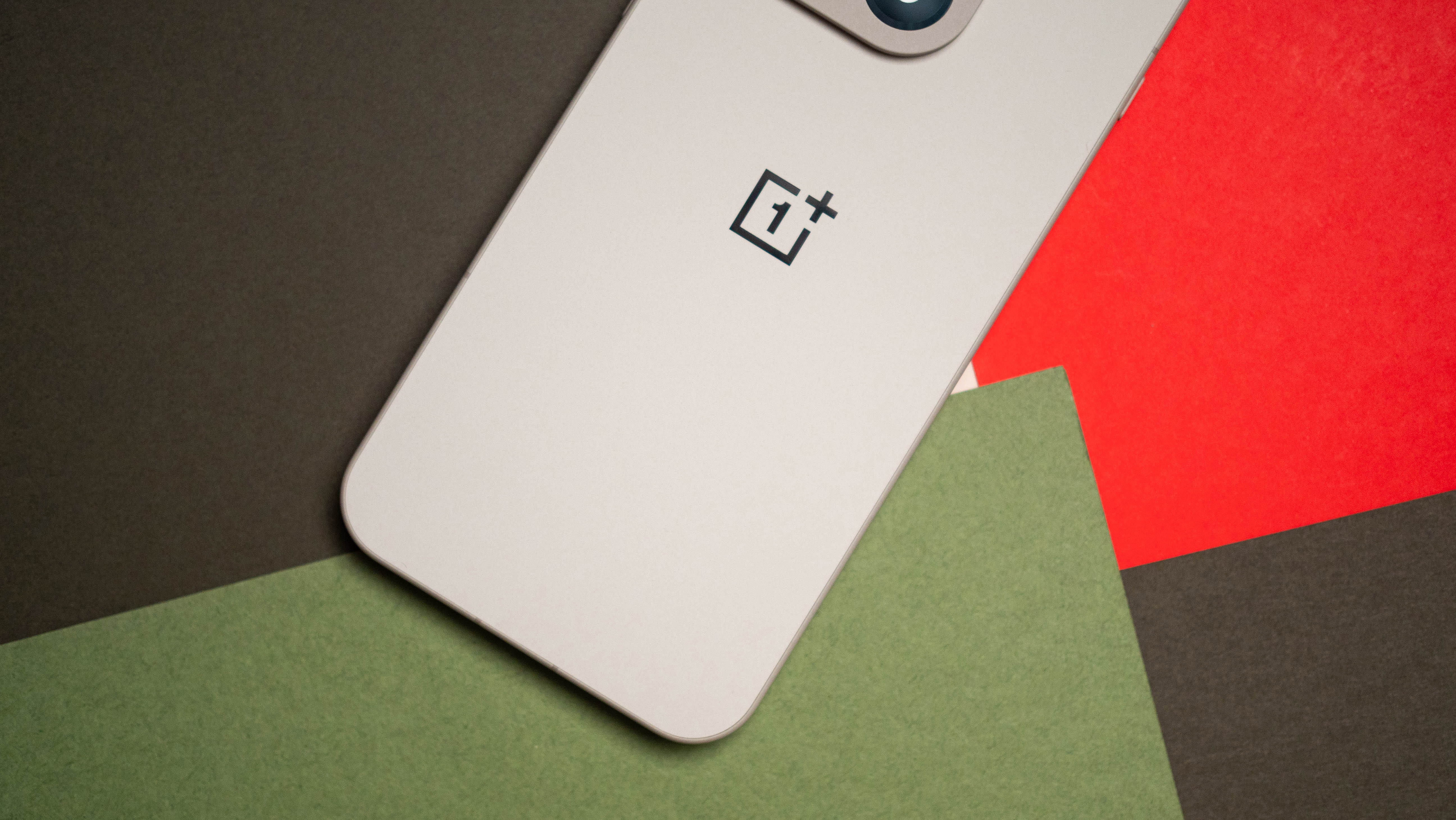The Google Pixel 10 is eerily similar to the iPhone, and that's the point
If you can't beat 'em, join 'em. And it's working.
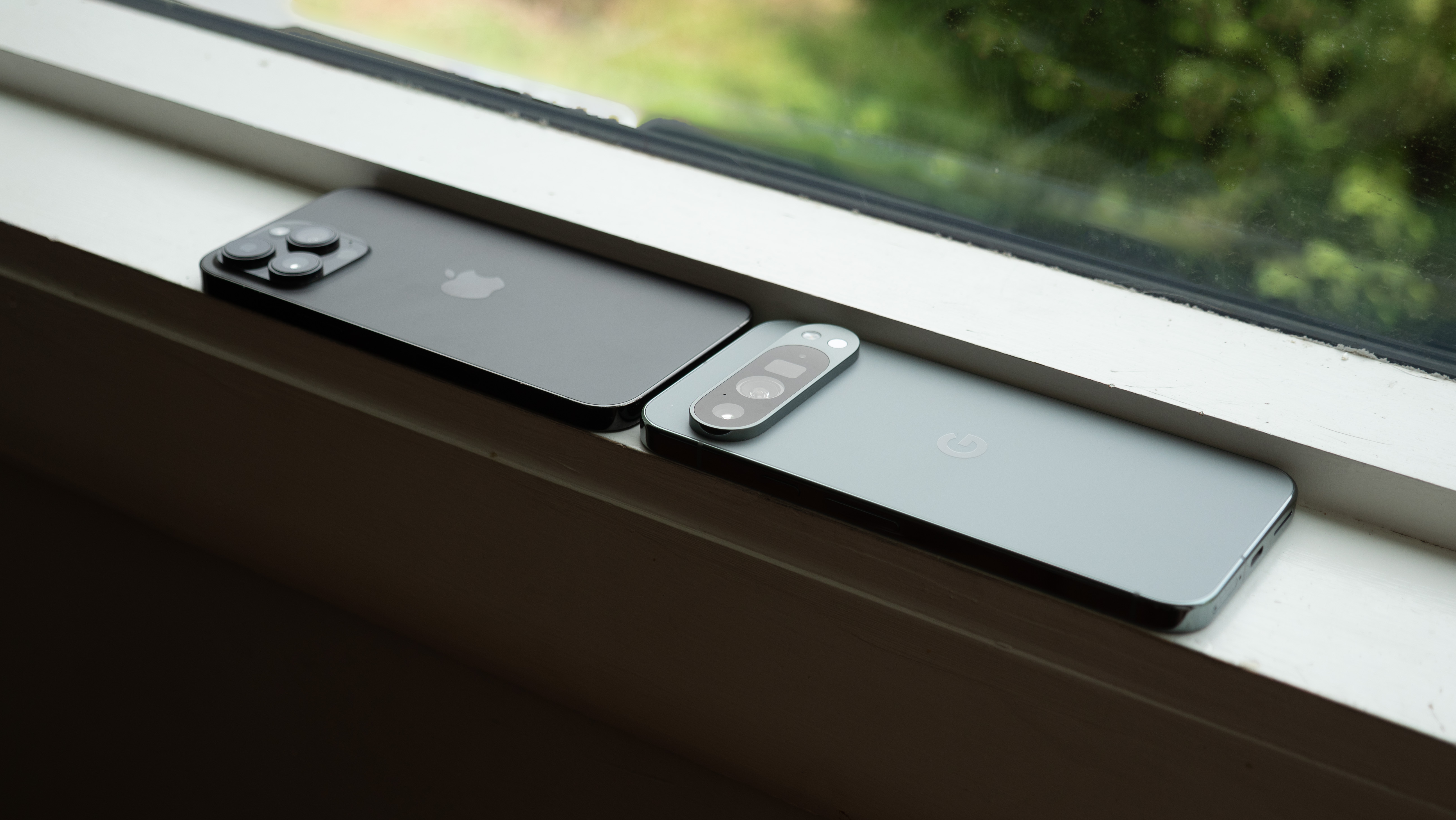
When I wrote our initial review of the Google Pixel 9 last year, I lamented the fact that Google stripped Pixels of the unique designs of the past three years and replaced them with a mostly generic iPhone clone.
Now that I look at the Pixel 10, things are even worse. With a complete lack of a physical SIM tray and the new revelation that Google will be throttling Pixel battery life and charging even harder than Apple has with iPhones, I'm worried about where the brand is headed.
That's especially true in a year when Apple is allegedly changing up its iPhone design to include a very Pixel-like camera bar on the back. It's going to be harder than ever to distinguish the two if that happens.
Which brings me to my point: if you were given the choice between a brand name and a brand-name knockoff for the same price, wouldn't you just choose the brand name? It's the concept I've struggled with for years as Android phones continue to look more and more like iPhones, both on the hardware and software fronts, but it's something that Google appears to be fully embracing with the release of the Pixel 10 family.
What you see is what you get
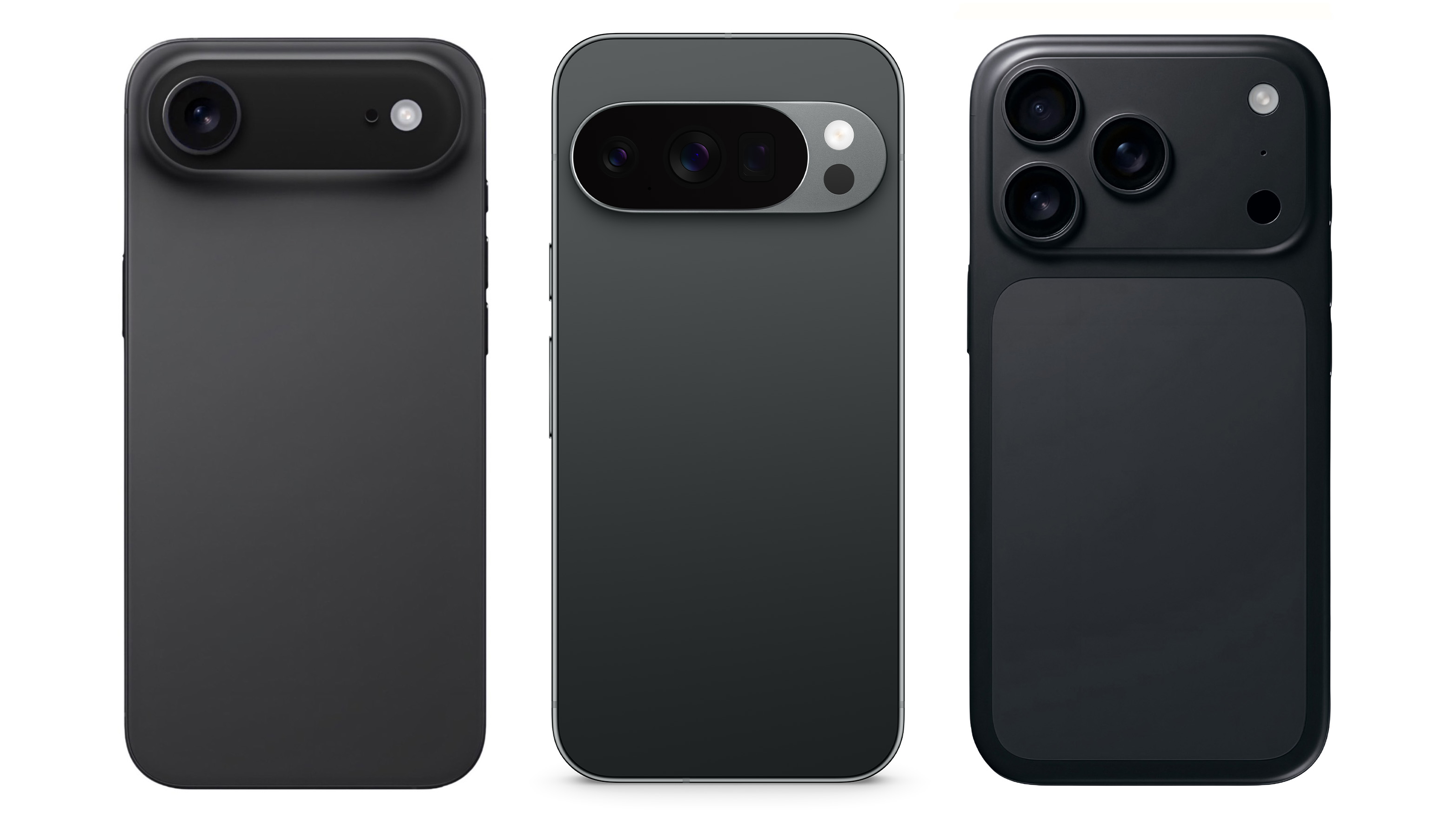
My colleagues tell me the truth of the matter is the exact opposite of the way I'm thinking. Attracting customers to switch away from an iPhone to a Pixel requires a phone that looks and feels familiar enough to keep them comfortable, all while getting them used to something new and different at the same time.
It's a tactic I don't fully understand, but then again, maybe I don't have to. After all, the beauty of Android is that we can all be together and still be different while largely enjoying the same things.
People buy products for a lot of reasons, but there's always been a significant number of people who choose something because it's what everyone else uses. Numbers can't be wrong, right? This is part of what makes iPhones a status symbol, especially in the U.S., where competition in the smartphone industry is downright terrible.
Get the latest news from Android Central, your trusted companion in the world of Android

Couple that with the deep lock Apple has on the messaging mindshare in this country and the fact that people generally don't like change, and it's pretty easy to see why so many have stuck with Apple for so long.
But Google directly addressed both of these issues in its Pixel 10 unveiling, and it's clear the company wants to tackle these issues head-on. Not only that, but Google showed how much better its phones are than iPhones at many things. From call translation to Gemini-powered text messaging, Pixels beat the pants off of anything Siri or Apple Intelligence is trying to do.
Plus, the company is leveraging Gemini in unique ways with new features like Camera Coach, which helps the normies take better photos by giving them an AI coach.

Oh, and don't forget that the Jonas Brothers recorded a whole dang music video using the Pixel 10, an important distinction from Apple or Samsung, who pulled film directors on stage and claimed their phones are good enough to make your videos look like Hollywood movies. Too bad you still need $30,000 worth of lighting and other equipment to achieve that, especially with smartphone camera sensors.
It drives me absolutely crazy that Google would ever need to use celebrities to convince people to buy their products, but they wouldn't be the first (nor the last) to employ such tactics. People should be smart enough to make an informed decision on their own, but history has shown that isn't always the case. It's human nature to want to follow the crowd. Might as well embrace that and play to its strengths.
It's Pixel vs. iPhone
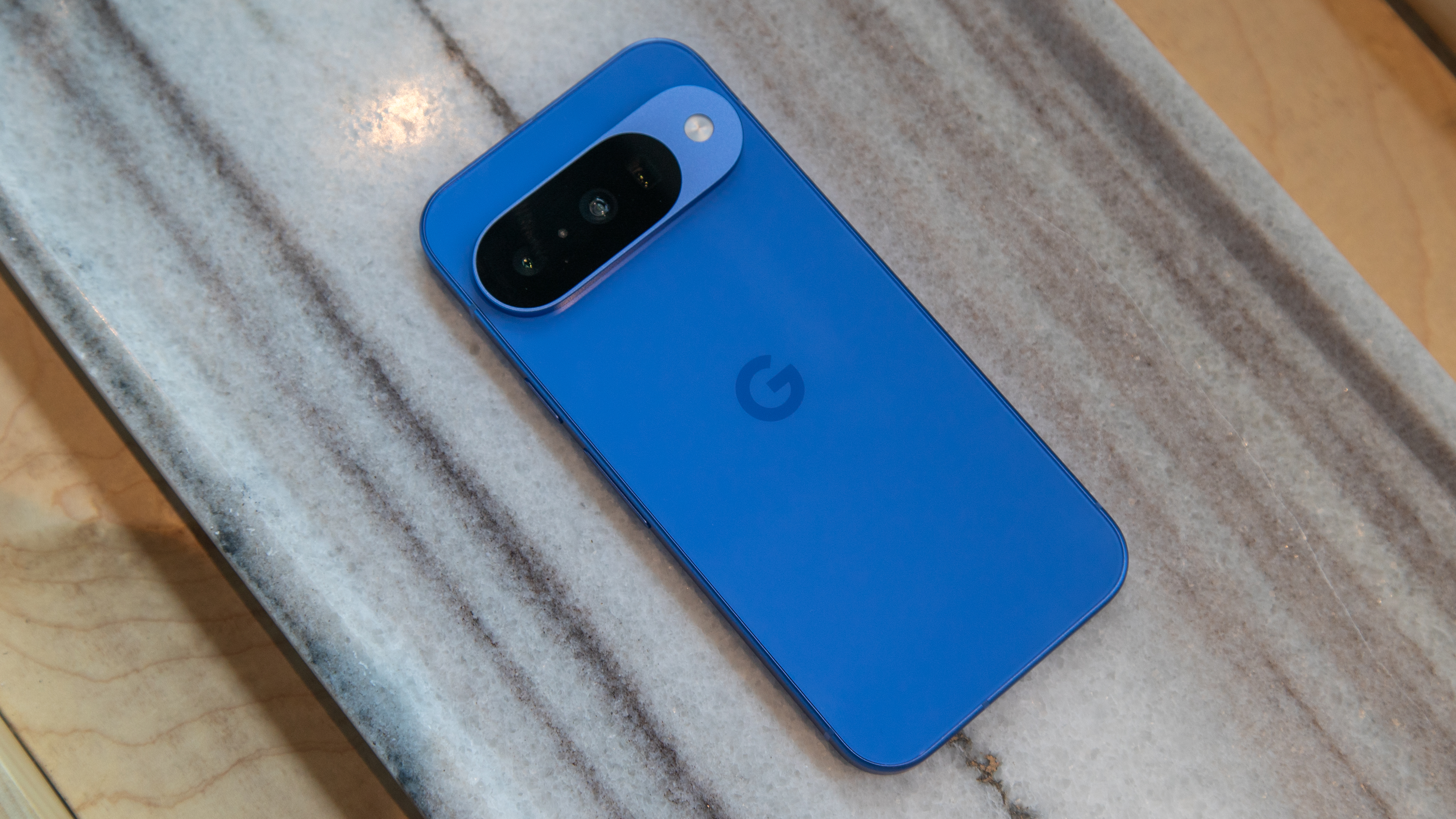
If nothing, Google is uniquely courting iPhone users. It's not trying to appeal to power users; it's trying to be the glamorous phone you're excited to see on the latest season of your favorite show. No matter how hard Samsung or Motorola try, they'll never be the iPhone of Android. It's just not happening. That means it's up to Google to do the job, particularly since they're the company that builds the operating system, anyway.
Some people just want the simplicity of buying an iPhone, because all you have to do is walk into a store, say "iPhone," and the clerk hands you a working smartphone that'll probably do everything you need. That's what Google is aiming for, and it's clearly working based on the massive growth the company has seen in the last year alone.
If Google's star-studded presentation for the Pixel 10 tells me anything, it's that courting the pop culture crowd who are easily influenced by celebrity opinions is a winning formula. Google wants Pixel to be a status symbol, not just another Android brand, and to do that, you have to make some weird decisions. People who enjoy the customizable power of a Samsung phone simply will not enjoy a Pixel, but again, because this is Android, that's not actually a problem. We can have our cake and eat it too.

You must confirm your public display name before commenting
Please logout and then login again, you will then be prompted to enter your display name.
